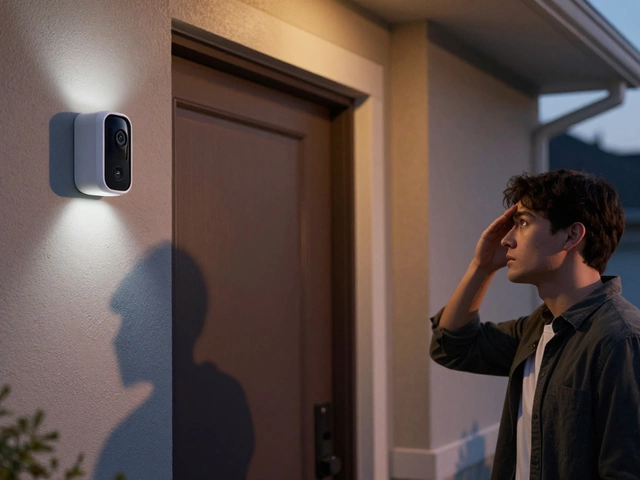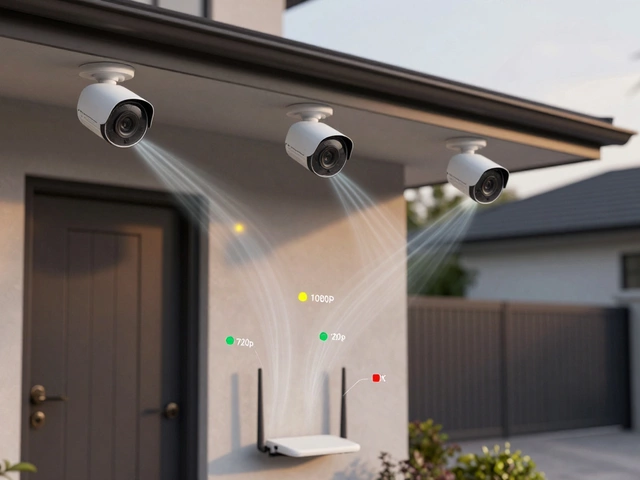Stop Dog Barking – Practical Tips to Quiet Your Pup Fast
Ever feel like your dog’s bark is louder than a fire alarm? You’re not alone. Most owners face noisy moments, but you can dial it down without yelling or harsh punishment. Below are real‑world steps that work for most breeds.
Find the Reason Behind the Bark
The first thing to do is notice when and why the barking happens. Is it at the front door, when the mail arrives, or just random? Write down a few days of observations. Common triggers include strangers, boredom, anxiety, and a need for attention. When you know the cause, you can target the solution instead of trying to silence the sound blindly.
Use Simple Training Techniques
One of the easiest tricks is the “Quiet” command. Wait for a short bark, say “Quiet” in a calm voice, and reward the silence with a treat. Keep sessions brief – five minutes a day – and repeat until your dog associates the word with stopping the noise. Another method is “Turn it off” – give a cue to stop barking, then quickly redirect with a toy or a command like “Sit.” Consistency beats intensity.
If boredom is the culprit, add more playtime or puzzle toys. A tired dog barks less. Short walks, fetch, or a quick training session can burn off excess energy. For anxiety‑driven barking, consider a safe space like a crate or a quiet corner with a favorite blanket. Gradual exposure to the scary stimulus, paired with treats, helps lower fear over time.
When the bark is triggered by strangers at the door, teach a “Go to place” routine. Send your dog to a mat or bed as soon as the doorbell rings, reward the stay, and only let them out when you give a release cue. This breaks the habit of lunging and barking at every knock.
Tools can help, but they’re not magic. A citronella collar releases a mild spray when the dog barks, but many dogs ignore it or become stressed. A gentle vibration collar can be effective if you pair it with training. Remember, any device should be used as a prompt, not a punishment.
White noise or calming music can mask outside noises that provoke barking. Leave a radio on low volume when you’re not home, or use a white‑noise machine. It won’t stop a determined alarm‑barker, but it reduces the number of triggers.
If nothing seems to work after a few weeks, don’t hesitate to call a professional trainer or a vet. Sometimes underlying medical issues like pain or hearing loss cause excessive barking. A vet check can rule out health problems, and a trainer can fine‑tune your approach.
Finally, stay patient. Changing a habit takes time, and dogs sense frustration. Celebrate small wins, keep the tone upbeat, and you’ll notice the noise dropping before you know it.
So, next time your dog starts barking at the mail carrier, you’ll have a clear plan: spot the trigger, apply a calm command, reward silence, and keep the routine consistent. Soon the house will be quieter, and you’ll both enjoy a more relaxed environment.




